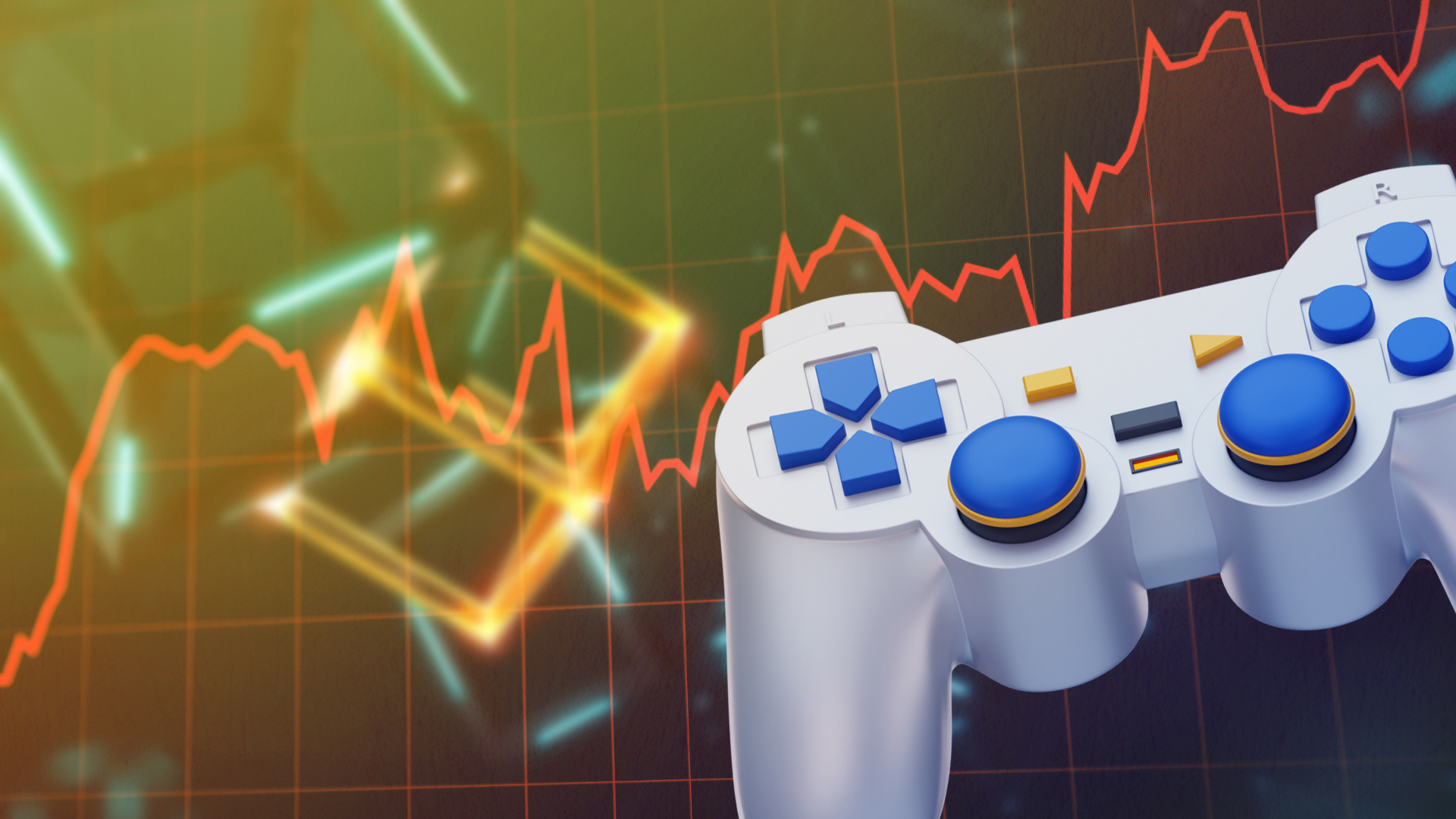- Blockchain-based in-game assets furnish players with authentic possession through tokenizing objects as particular NFTs, loose from publisher manipulation.
- Smart contracts make certain stable and transparent buying and selling, doing away with the risk of scams in asset transfers.
- Blockchain property permits international buying and selling and the introduction of a brand-new gaming financial system where players can monetize their competencies and virtual objects.
Game property stored on the blockchain represents a groundbreaking fusion of era and gaming, offering players actual ownership, regular transactions and the potential for a vibrant digital economy. These blockchain-primarily based properties are tokenized as non-fungible tokens (NFTs), ensuring that gamers have unique management over their in-sport gadgets.
They additionally permit clear and secure buying and selling through smart contracts, putting off the threat of fraud. This innovation has the energy to reshape the gaming landscape, empowering players to monetize their competencies and virtual possessions and take part in international buying and selling conditions.
Ownership Redefined
Traditionally, game enthusiasts purchase in-game assets, together with skins, guns, or even characters, inside a game’s ecosystem. While these gadgets embellish gameplay, gamers do not have true possession. Game publishers can modify or delete items at will, and players cannot change or sell them out of doors the game. The blockchain era changes this paradigm by allowing in-game assets to be tokenized and stored on the blockchain.
This tokenization procedure creates specific, non-fungible tokens (NFTs) for every object. NFTs are virtual certificates of possession, offering players genuine possession of their in-game assets. This possession is secured by using the blockchain’s decentralized and unchangeable register, delivering gamers from the restrictions set by traditional game publishers.
Secure and Transparent Transactions
The blockchain gives a stable and obvious surrounding for transactions concerning in-game assets. Smart contracts, self-executing agreements with the terms of the trade written into code, govern these transactions. This guarantees that both events fulfill their responsibilities.
For example, if a participant needs to sell a unique skin in a blockchain-based sport, they can create a smart contract that defines the phrases of the sale. Once any other player accepts these terms and pays, the blockchain performs the transfer of the NFT representing the pores and skin. This technique is secure, fast, and unfastened from the threat of scams or fraud frequently related to in-game asset trades out of doors on the blockchain.
Global Trading And Interoperability
One of the maximum exciting factors of blockchain-primarily based in-game assets is the ability for international buying and selling and interoperability. In traditional gaming international, in-game assets are often tied to their respective sports environments. Blockchain generation breaks down these silos.
Gamers can now change or promote their blockchain-based property through extraordinary games, structures, or even the gaming world. If a player owns a rare sword NFT in one blockchain-based RPG, they can probably use it in a distinct recreation, furnished that the second game helps the equal blockchain. This interoperability expands the software and fee of in-game assets.
Creating A New Gaming Economy
Blockchain-based in-game assets have given an upward push to a new gaming economy. Gamers can collect treasured items and NFTs through gameplay, buying and selling, and participation in virtual economies. This creates opportunities for players to monetize their capabilities, assets, and time. For instance, players can earn NFTs by taking part in blockchain-based totally games or digital worlds, and then trade these belongings in secondary markets.
Alternatively, they can participate in play-to-earn video games, in which in-game achievements are rewarded with precious NFTs that can be offered. Moreover, blockchain-based in-game assets are getting sought-after collector’s gadgets, attracting collectors and fanatics who are inclined to pay good-sized sums for rare NFTs. This collector’s marketplace adds a speculative dimension to the gaming economy.
Challenges And Considerations
While blockchain-based in-game assets maintain big promise, additionally they come with challenges. The environmental impact of blockchain technology, specifically proof-of-work blockchains, is a challenge. High power intake for blockchain transactions may additionally deter eco-conscious game enthusiasts.
Additionally, problems of scalability and excessive transaction costs on positive blockchains want to be addressed to make certain that blockchain-based gaming remains on hand and fun. Moreover, legal and copyright issues associated with the trade and use of blockchain-based total property are nonetheless evolving. Game publishers and lawmakers are guiding the complexities of those unknown systems.
Conclusion
Blockchain technology has added a seismic shift in the international of gaming. In-game assets saved on the blockchain provide gamers with actual ownership, stable transactions, international interoperability, and the ability for a new gaming economy.
However, challenges like environmental impact, scalability, and prison considerations must be addressed as the gaming community continues to discover this exciting boundary. As blockchain gaming evolves, the line between virtual and real international economies blurs, imparting novel opportunities for players and collectors alike.
